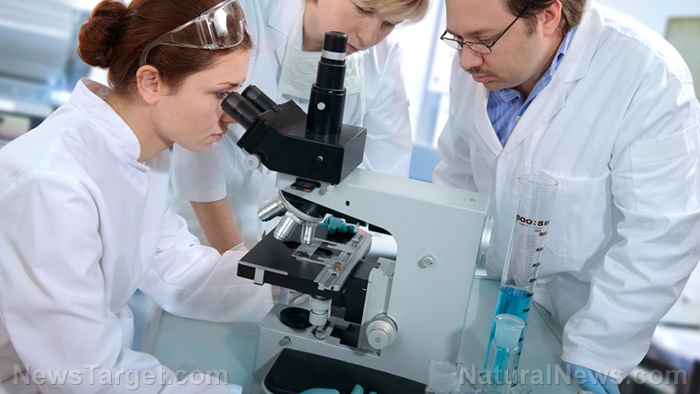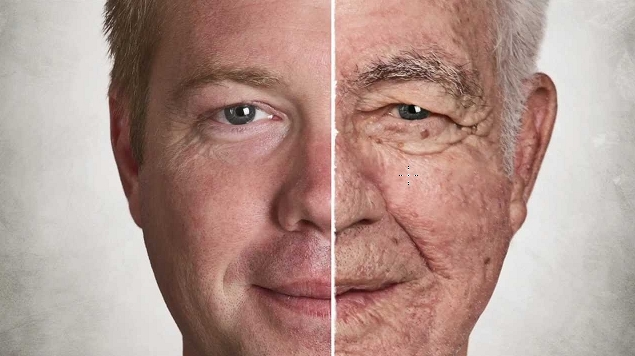
Scientists have been aware for some time that severely restricting calorie intake can slow down this aging process and even increase lifespan. Studies in rodents, roundworms, fruit flies and humans have all demonstrated that such caloric restriction yields many benefits. Unfortunately, taking such a drastic step long-term could do more harm than good and could even be dangerous.
Now, a study by researchers from the University of Colorado Boulder, published in the journal Nature, has uncovered a way to achieve the same result without the restriction or risks attached with dramatically lowering calorie consumption.
The research team, led by Doug Seals, a professor and researcher with the Department of Integrative Physiology, and Chris Martens, then a postdoctoral fellow at the university, found that when study participants consumed the dietary supplement nicotinomide riboside (NR), the same chemical pathways affected by calorie restriction were kick-started, potentially leading to the same health benefits. (Related: Discover natural secrets to aging healthfully at Longevity.news.)
Hypertension and arterial health were also improved in participants with mildly elevated blood pressure levels. The 13 study participants with such elevated levels experienced an average drop of 10 points in systolic blood pressure after taking the supplement.
The study abstract notes:
Advancing age is the primary risk factor for the development of cardiovascular disease (CVD), which remains the leading cause of morbidity and mortality in industrial and post-industrial societies. The increase in CVD risk with aging is driven largely by adverse changes to arteries, including stiffening of the aorta, and by increases in systolic blood pressure. As such, interventions designed to lower blood pressure and/or improve arterial function hold promise for preventing age-related CVD.
SelfHacked.com explains that NR is a nucleoside created by combining niacinamide and ribose. It is similar to vitamin B3 – also known as nicotinic acid or niacin – and is a precursor to nicotinamide adenine dinucleotide (NAD+). It is available in supplement form, and is naturally present in whey protein, cow’s milk and brewer’s yeast. (Related: How to beat heart disease with diet and lifestyle.)
NR supplementation of 1000mg daily increased levels of NAD+ by 60 percent in those involved in the trial. NAD+ triggers the activation of enzymes called sirtuins, which are generally believed to be responsible for the positive effects of calorie restriction. (Related: Top 10 anti-aging foods.)
"This was the first ever study to give this novel compound to humans over a period of time," said Seals. "We found that it is well tolerated and appears to activate some of the same key biological pathways that calorie restriction does."
The study participants included 24 healthy, lean men and women between the ages of 55 and 79.
Half were given 500mg of NR chloride (NIAGEN) twice a day for six weeks, followed by a placebo for a further six weeks, while the other half were given the placebo for the first six weeks and then the supplement for the second period.
Results were measured using blood tests and other physiological measurements at the end of each period.
“The idea is that by supplementing older adults with NR, we are not only restoring something that is lost with aging (NAD+), but we could potentially be ramping up the activity of enzymes responsible for helping protect our bodies from stress,” noted Martens.
Visit Nutrients.news for more news coverage of vitamins and nutrients.
Sources for this article include:
Please contact us for more information.























